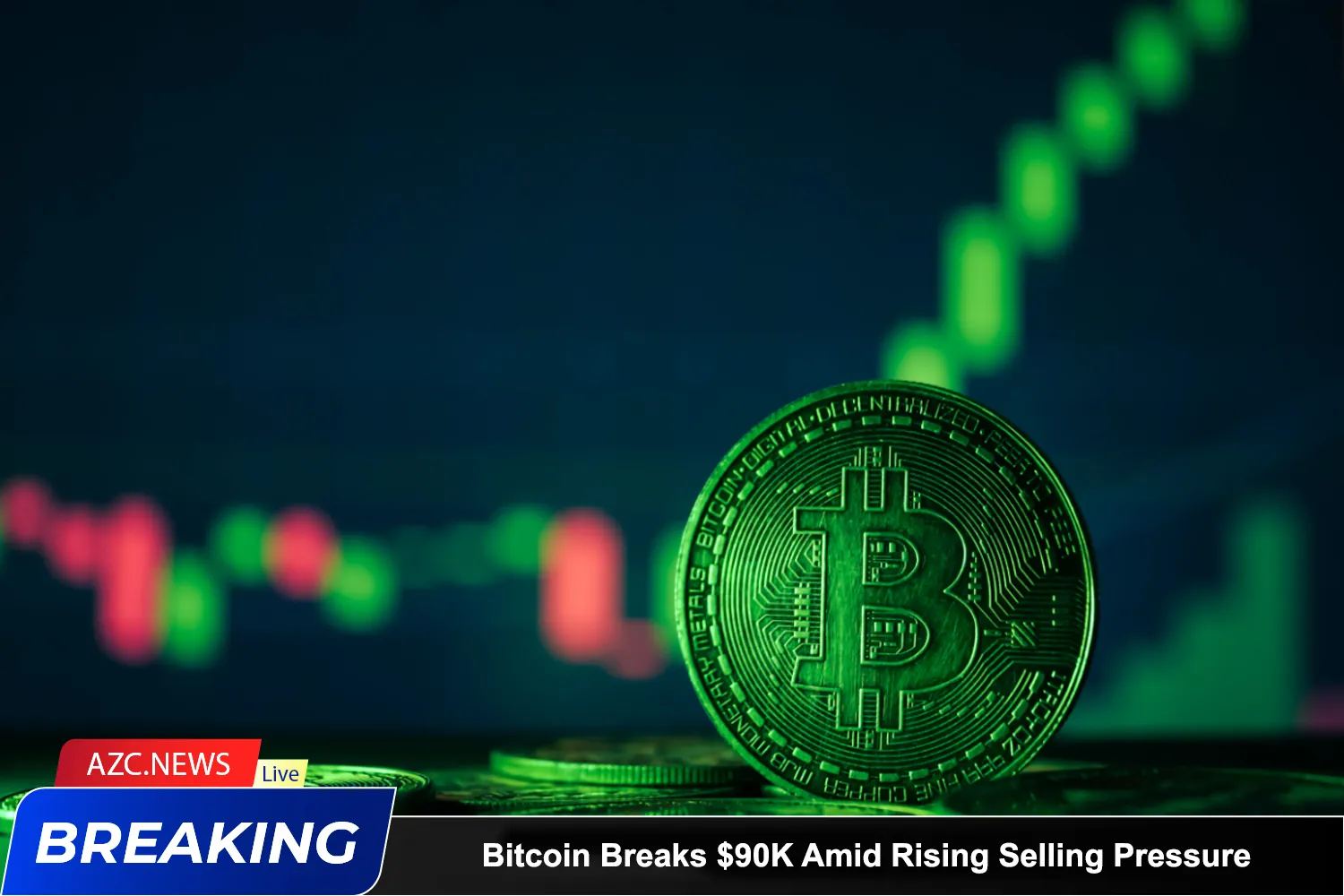A colossal transaction fee of $3.1 million has just been observed in a recent Bitcoin transaction, signaling a remarkable event in the world of cryptocurrency. Whale Alert, a service tracking cryptocurrency transactions, reported this extraordinary occurrence involving a transfer of 55.76 BTC, valued at nearly $2.1 million at the time of the transaction. What makes this transaction truly exceptional is the staggering fee attached to it — a whopping 83.65 BTC, equivalent to over $3.1 million.
Transaction fees in the Bitcoin network serve as incentives for miners who validate and process transactions. The amount of fees required for a swift transaction is influenced by the network’s traffic conditions at the time. In periods of heightened blockchain activity, average fees can skyrocket. Thus, individuals seeking to expedite their coin transfers may find themselves having to pay substantial fees.
The recent surge in Bitcoin network activity, attributed not only to market rallies but also to the resurgence of Inscriptions, has naturally driven up average transaction fees. Data from YCharts reflects this upward trend. However, the average fees still hover around a modest $10.5, making the exorbitant $3.1 million fee in this particular transaction all the more perplexing.
The question arises: what could have prompted such an astronomical transaction fee? The answer remains elusive, as the circumstances surrounding this unprecedented event continue to mystify observers and participants in the cryptocurrency realm.
The exorbitant transaction fee of $3.1 million in the recent Bitcoin transfer is likely the result of a sender’s error, a common occurrence in outlier transactions. A precedent for such mistakes was set in September when stablecoin issuer Paxos unintentionally paid a fee exceeding $500,000, establishing the highest-ever fee on the network until the latest transaction surpassed this record.
Related: Investors Withdraw Significant Amount of Bitcoin from Binance to Move to Coinbase
In the case of Paxos, the mining pool responsible for the transaction, F2Pool, acknowledged the error and returned the fees. The recent transaction, attributed to miner Antpool according to Blockchain.com, may potentially follow a similar resolution, but as of now, there has been no official statement from the mining pool. The sender of the transfer has also not stepped forward to provide any clarification.
The surge in total transaction fees, fueled by the factors mentioned earlier, has led miners to witness substantial gains. Notably, these validators of the blockchain, the miners, have been actively increasing their total computing power, known as “hashrate,” during this period of heightened network activity and financial opportunity. This strategic move reflects the mining community’s proactive response to the booming conditions in the cryptocurrency landscape.










